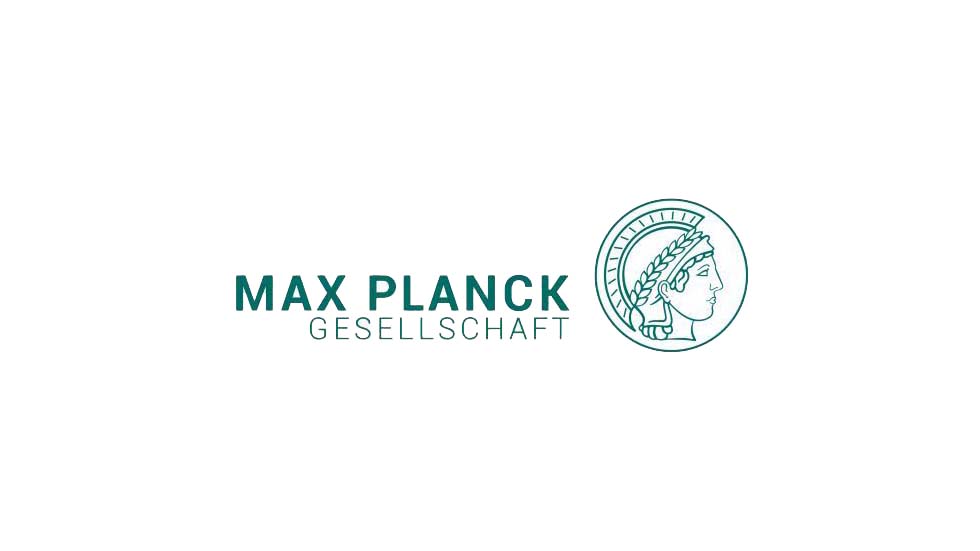Support making RiG more international!
Click here to start the surveySupport making "Research in Germany" more international! Your expertise and commitment are the key to the further development of promoting the German research landscape. We invite you to take part in our online survey and share your valuable experiences and opinions. Duration: 7-10 min.
Please start the survey at the end of your visit.
Funding organisations for advanced researchers in Germany
There are various organisations in Germany that fund research projects and individual researchers.
The largest organisations that award financial support to individuals and their research projects are the Deutsche Forschungsgemeinschaft (German Research Foundation, DFG), the German Academic Exchange Service (DAAD) and the Alexander von Humboldt Foundation. In addition to these large funding organisations, many other public and private bodies provide financial support for science and research. Important donors include not only Germany’s federal and state governments, but also the European Union. A large number of charitable foundations have also set themselves the goal of supporting research and junior researchers.
When it comes to supporting and funding research projects, non-university research institutions and industry play a major role in Germany’s funding system. They especially support young researchers with job offers.
You will find a selection of funding programmes for international established researchers and academics run by various funding organisations on our Funding & awards page – or visit the Funding databases page for advanced researchers.
Academies of sciences and humanities
German academies of sciences and humanities award prizes, medals and scholarships to established researchers.
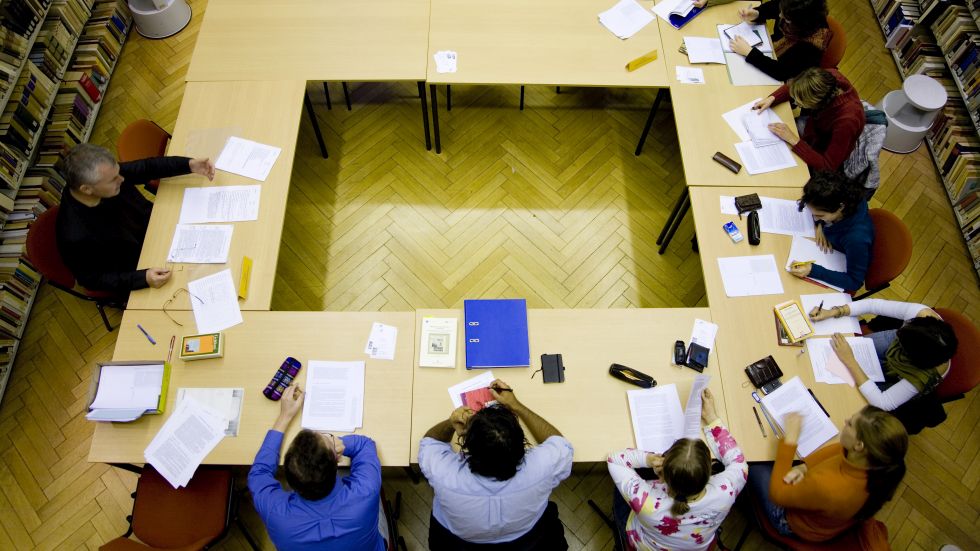
Alexander von Humboldt Foundation
The Alexander von Humboldt Foundation promotes research collaborations between excellent international and German researchers. The Humboldt Foundation awards more than 2,000 research fellowships and research grants every year.

Companies
More than two-thirds of the annual funds invested in research come from industry. Companies either conduct research themselves or collaborate with research partner. Established researchers are supported not only with job offers, but also with scholarships and prizes from corporate foundations.
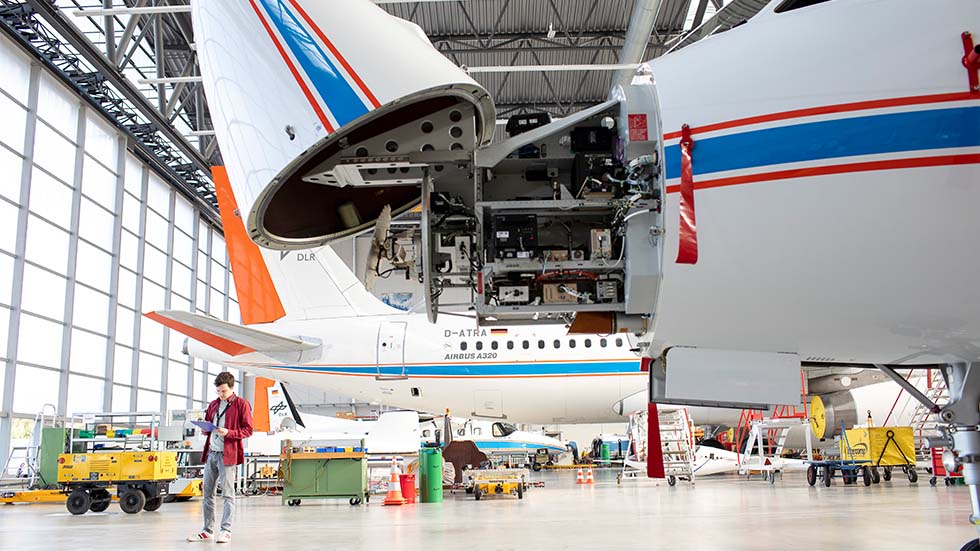
DAAD – German Academic Exchange Service
The German Academic Exchange Service (DAAD) is the world’s largest funding organisation for the international exchange of students and researchers.
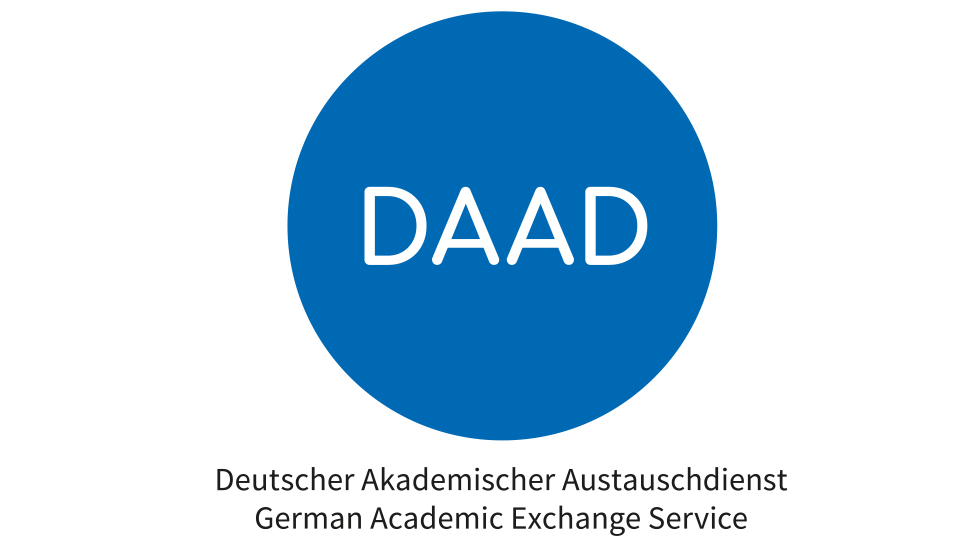
DFG – German Research Foundation
The Deutsche Forschungsgemeinschaft (German Research Foundation, DFG) is the central self-governing funding organisation for research at higher education and public research institutions in Germany. It supports research projects and funds cooperation between researchers in Germany – also at an international level.
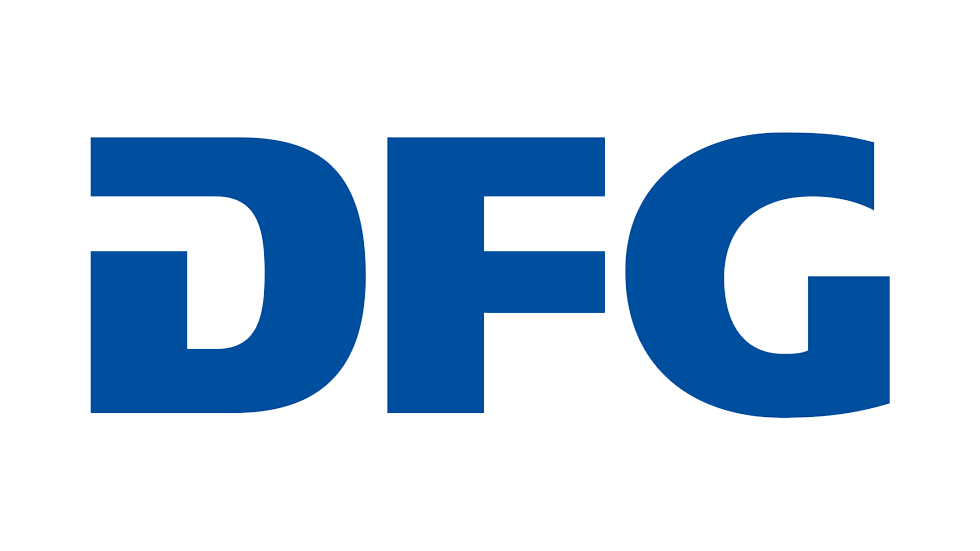
European Union
The European Union (EU) funds research in a variety of ways through its research and innovation framework programme. These measures include not only support for basic and applied research, but also funding programmes for collaboration and exchange in higher education.

Foundations
Public and private foundations enable research through providing funding. The range of different foundations is very broad and they finance research projects in various thematic areas.
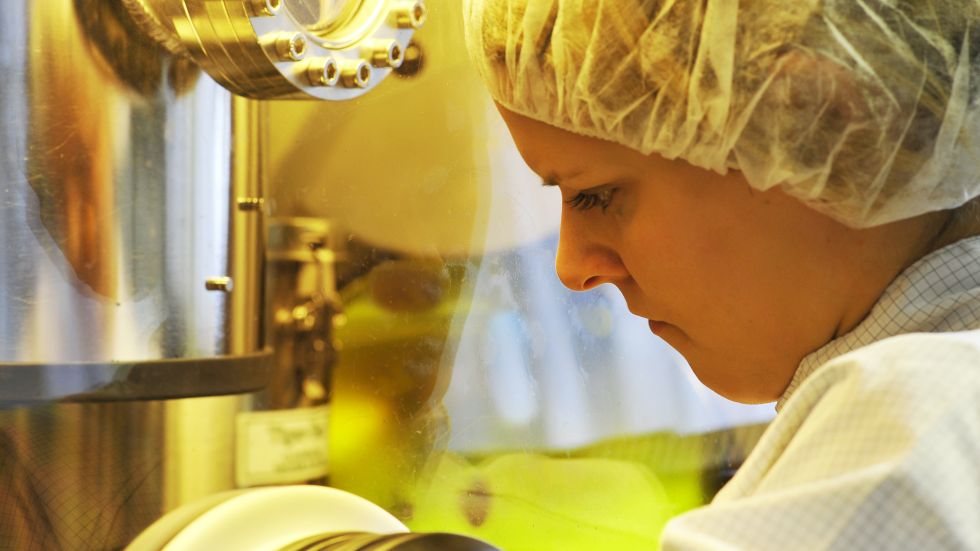
Fraunhofer-Gesellschaft
Based in Germany, the Fraunhofer-Gesellschaft is the world’s leading applied research organisation. It plays a crucial role in the innovation process by prioritising research in key future technologies and transferring its research findings to industry in order to strengthen Germany as a hub of industrial activity and to benefit society.
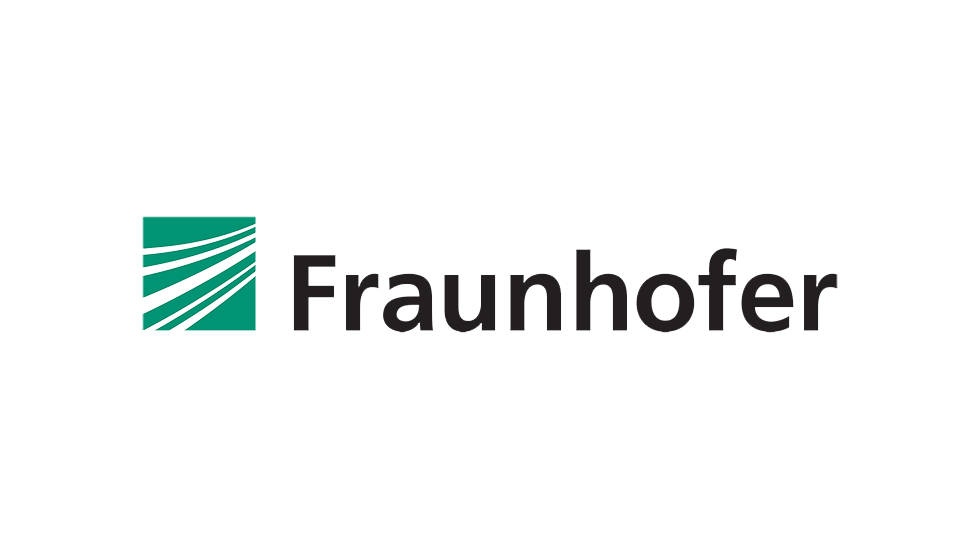
Helmholtz Association
The 18 Helmholtz Centres develop, build and operate complex research infrastructures. This includes accelerator facilities, telescopes, research ships and supercomputers that are available to Helmholtz users from around the world. Helmholtz thus pursues long-term research projects that aim to help find solutions to key challenges facing society, science and business.
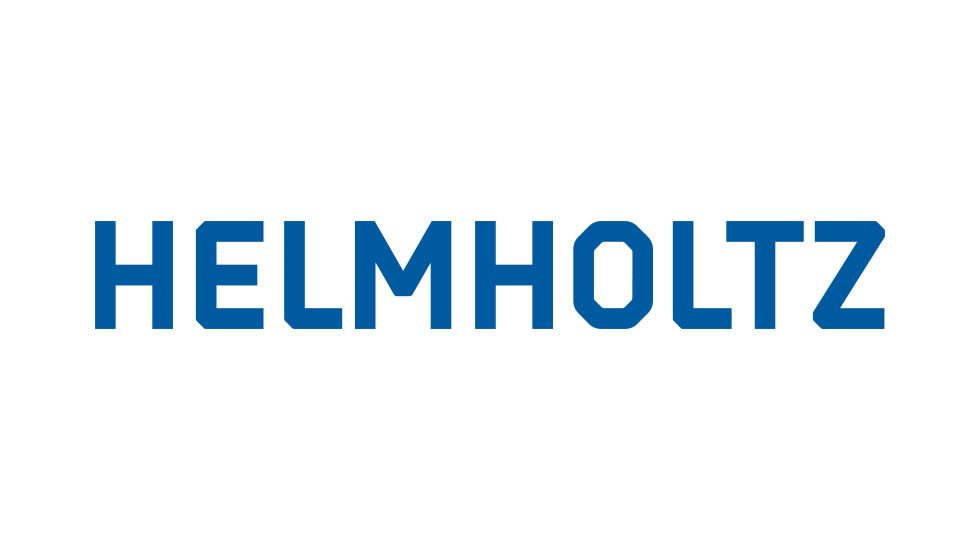
Leibniz Association
The Leibniz Association brings together 96 independent research institutions covering various scientific disciplines. Leibniz Institutes offer opportunities for doctoral students, postdocs and established researchers alike.
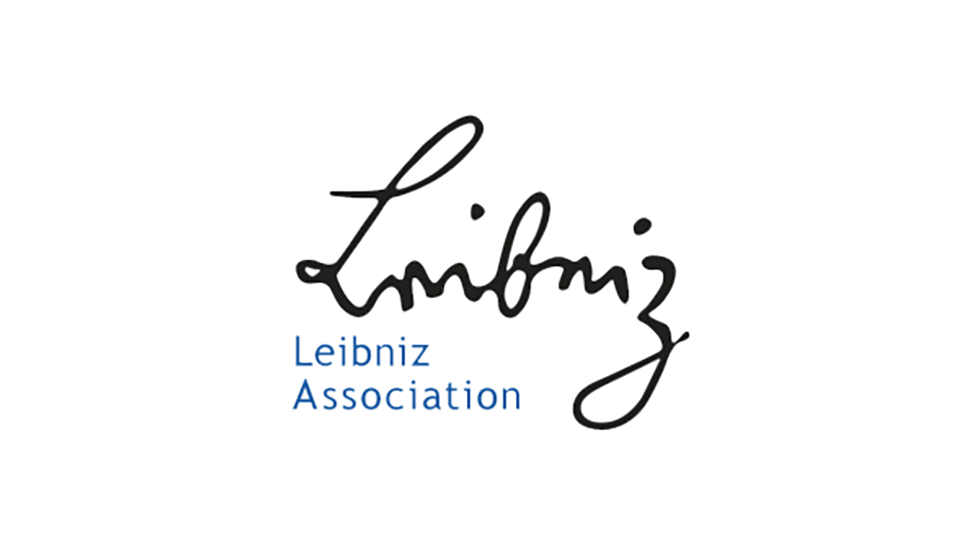
Max-Planck-Gesellschaft
The Max Planck Society for the Advancement of Science is an independent non-profit research organisation. The 84 Max Planck institutes and research facilites focus on basic research, often taking an interdisciplinary approach.
